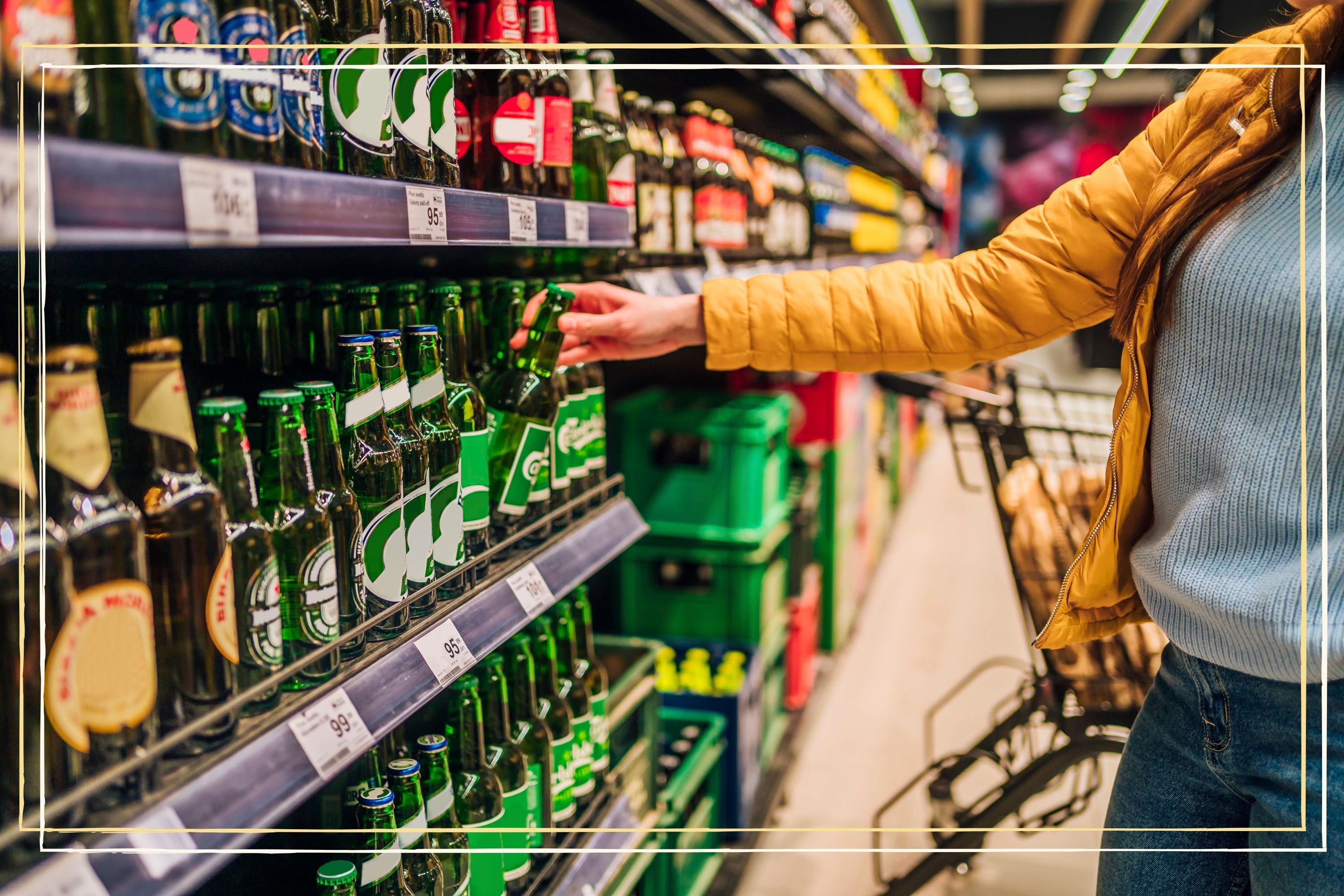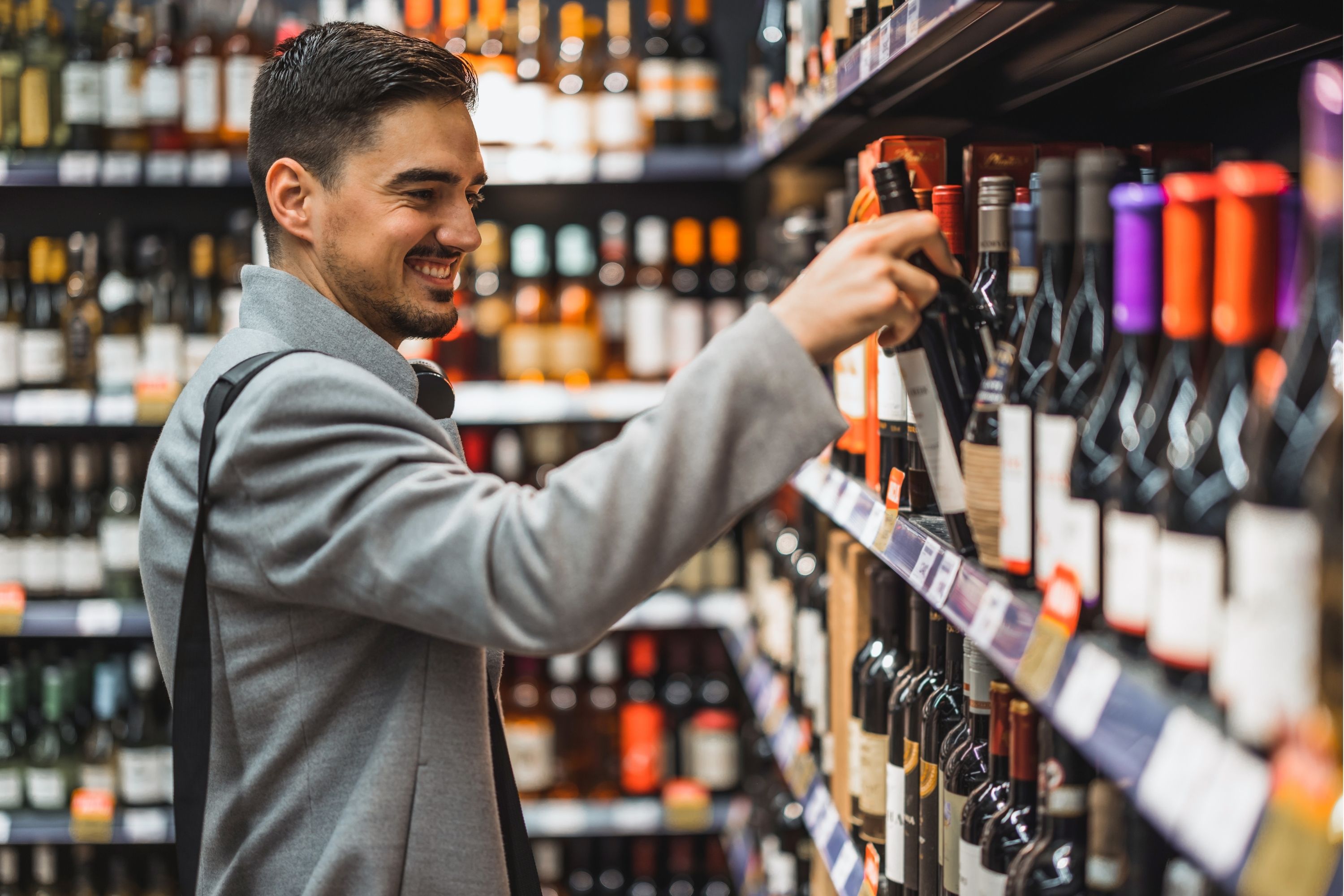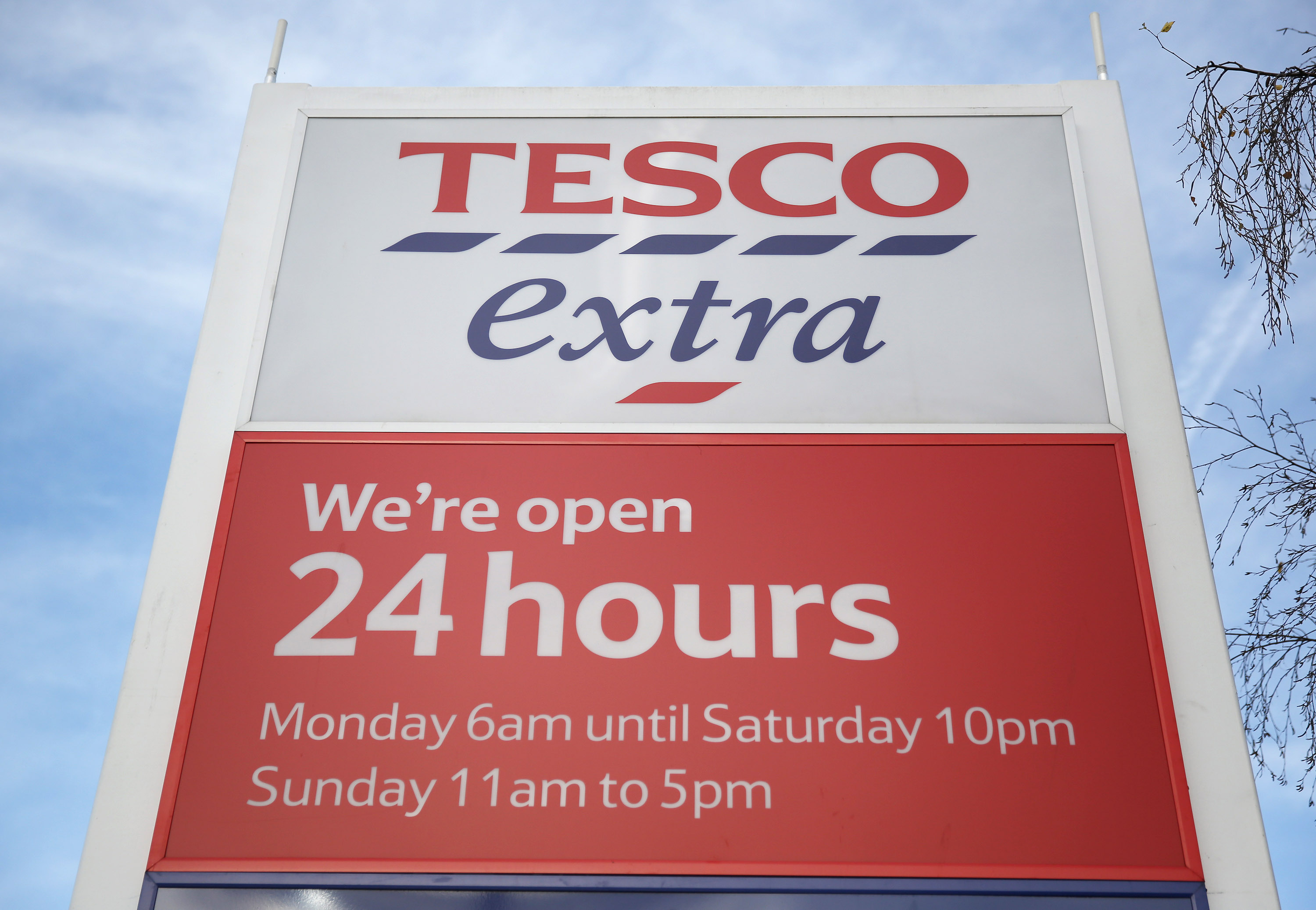What time can you buy alcohol in the UK?
The rules on when you can buy alcohol aren't straightforward, so we've broken them down


Last-minute changes in plans sometimes leave us needing to know what time you can buy alcohol.
Whether it's a sudden celebration with friends, an impromptu date night or an unexpected evening without the kids, every so often the opportunity to have a drink appears with no warning. And while you by no means need to get alcohol involved to have a good time, sometimes it's nice to treat yourself for a special occasion. So, if you find yourself looking for a bottle of bubbly last minute, you might be eager to know what time you can buy alcohol in the UK.
Because of the dangers of alcohol misuse and the links it has with crime, the sale of alcohol in the UK is restricted. Shops and pubs must obtain a license to sell it, and they can be fined or shut down if they breach the terms. We've taken a look at the laws around when you can buy alcohol, so next time you're after your favourite Aldi gin or one of the best Lidl wines, you'll know what time you need to make it to the shop.
Please drink responsibly. If you or anyone you know is struggling with alcohol misuse, or need support in regard to consumption, visit your GP or find out more via Drink Aware or the NHS website.
What time can you buy alcohol in the UK?
In England and Wales, most shops are able to sell alcohol for the duration of their opening hours. In addition, as a result of the Licensing Act 2003, shops can sell alcohol 24 hours a day if they have been granted a licence allowing them to do so.
This means that in England and Wales you can purchase alcohol as soon as shops open in the morning, and all through the night if the shop is 24-hour. The only restriction is on Sundays, when alcohol cannot be sold until 10am.

However, in Scotland the rules are different, and alcohol cannot be sold in shops between the hours of 10pm and 10am. Even 24-hour supermarkets and off-licences cannot sell alcohol outside of these hours.
Meanwhile, in Northern Ireland, most shops can sell alcohol from 11:30am to 11pm, and from 12:30pm to 11pm on Sundays. Off-licences may sell alcohol from 8am to 11pm Monday to Saturday and on Sundays from 10am to 10pm.
Parenting advice, hot topics, best buys and family finance tips delivered straight to your inbox.
When can you buy alcohol from supermarkets in the UK?
Most supermarkets in England and Wales will sell alcohol whenever they are open to the public, and in 24-hour supermarkets you can buy alcohol at all hours of the day.
However, trading laws in England and Wales restrict some supermarkets from opening 24 hours a day, as any stores over 3,000 square feet can only open for a maximum of six continuous hours on Sundays.
Because of this restriction, most larger supermarkets are open between the hours of 10am and 4pm on Sundays. However, supermarket opening hours can vary, and there may be exceptions during holidays. For example, many shops aren't open on Easter Sunday.
Smaller supermarkets and off-licenses can sell alcohol from 10am on Sundays, as opposed to 8am, which is permitted on the other days of the week.
Meanwhile, there are no 24-hour alcohol sellers in Scotland, unlike in England and Wales.

What time do pubs open in the UK?
In England and Wales, pubs can usually open from 11am, and the law states that alcohol can be bought and consumed until 11pm. However, many pubs and restaurants have extension licences that allow them to serve alcohol outside of these hours.
And despite the law in Scotland that alcohol cannot be sold after 10pm, pubs and restaurants can get special licences that allow them to serve until much later.
What is an alcohol license?
Businesses, organisations and individuals who want to sell or supply alcohol must have a licence or other authorisation from a licensing authority - usually a local council.
Each licensed premises has to abide by an agreement that sets out the times when they are allowed to sell alcohol, and the checks they need to carry out to make sure their customers are allowed to buy it (for example, that they’re over 18).
Any business that sells or supplies alcohol on a permanent basis needs to apply for a premises licence, while anyone who plans to sell or supply alcohol or authorise the sale or supply of alcohol must apply for a personal licence.
Thinking about giving up alcohol? we've got plenty of information to help with that too, from this list of the best non-alcoholic wines and benefits of not drinking to the low-down on the effects of alcohol on your skin. Not quite ready to say goodbye to the booze yet? Here's how to prevent a hangover next time you're out for a drink.

Ellie is GoodtoKnow’s Family News Editor and covers all the latest trends in the parenting world - from relationship advice and baby names to wellbeing and self-care ideas for busy mums. Ellie is also an NCTJ-qualified journalist and has a distinction in MA Magazine Journalism from Nottingham Trent University and a first-class degree in Journalism from Cardiff University. Previously, Ellie has worked with BBC Good Food, The Big Issue, and the Nottingham Post, as well as freelancing as an arts and entertainment writer alongside her studies. When she’s not got her nose in a book, you’ll probably find Ellie jogging around her local park, indulging in an insta-worthy restaurant, or watching Netflix’s newest true crime documentary.